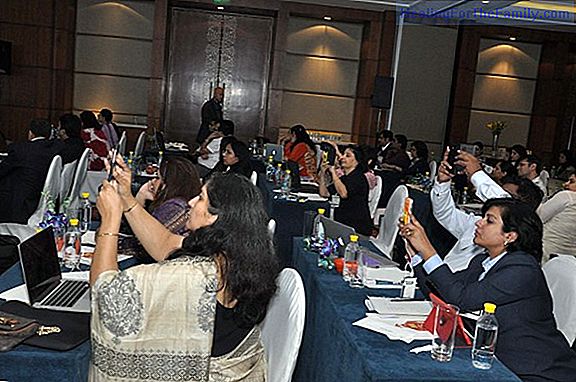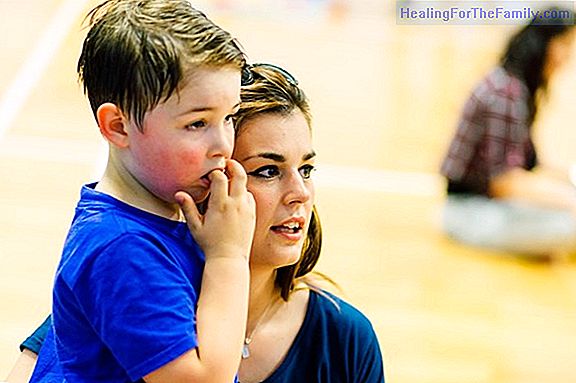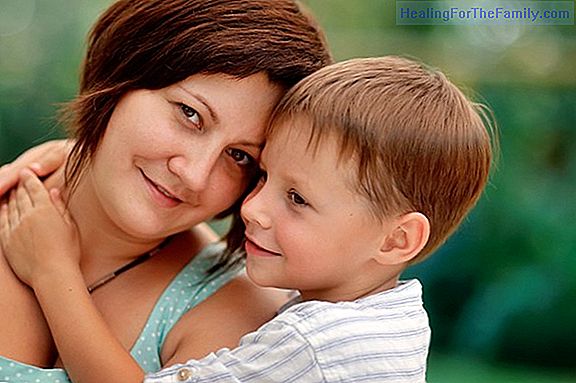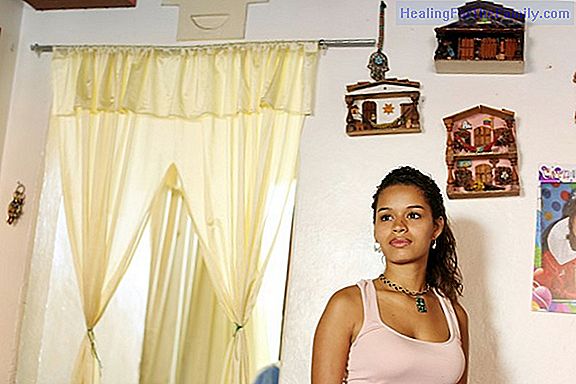Salmonellosis in pregnancy
Salmonellosis is encompassed within food infections. Normally it is contracted after eating raw or undercooked meat, eggs or derivatives thereof, if these are infected with salmonella bacteria. The incubation period ranges from a few hours to two days, so that the symptoms of salmonellosis will appe
Salmonellosis is encompassed within food infections. Normally it is contracted after eating raw or undercooked meat, eggs or derivatives thereof, if these are infected with salmonella bacteria.
The incubation period ranges from a few hours to two days, so that the symptoms of salmonellosis will appear around 8-72 hours after the ingestion of food in poor condition. In the case of pregnant women, the disease can be very harmful to the child they expect.
Symptoms of salmonellosis in pregnant women
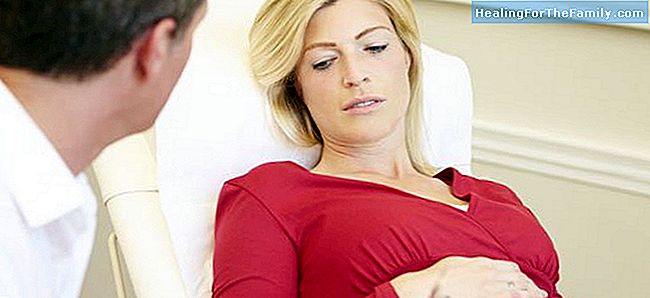
The symptoms that occur are those derived from gastroenteritis caused by the bacteria:
- Nausea and vomiting.
- Diarrhea.
- Fever.
- Abdominal pain.
- Headache and muscle pain.
- Blood in the stool (sometimes)
Symptoms can last from 4 to 7 days.
A small percentage of people affected by this toxicity need antibiotics, however the one of choice (fluoroquinilones) can not be used in pregnant women since it is associated with congenital defects of the fetus.
How salmonellosis affects pregnant and baby
The main complications for the mother with salmonellosis are dehydration, bacteremia (the passage of infection to the blood, reaching different organs and systems) and Reiter's syndrome (reactive arthritis, the joints become inflamed and painful). It has been seen that complications may be more frequent in pregnant women.
Pregnant women are a population, like children, considered to be at greater risk, since the effects are not only reflected in the mother, but can also happen to the baby.
Salmonella infection crosses the placenta and can cause serious illness or even the death of the fetus, even when the symptoms are mild in the mother. That is why the pregnant woman should take special care when the heat starts, with food that is not well preserved. When in doubt, it is preferable not to eat the food that we suspect.
It is also a contagious disease, so we recommend that the pregnant woman try not to come in contact with people who suffer from the infection.
Tips to avoid salmonellosis during pregnancy
- Meticulous hand washing: changing a diaper, handling raw meats, using the bathroom, touching animals.
- Avoid cross-contamination: store food such as raw meat, poultry or seafood away from other foods; use two tables to cut food (one for fruits / vegetables, another for meat); never place cooked foods with the raw ones.
- Avoid eating raw eggs, if it does make sure it is pasteurized.



